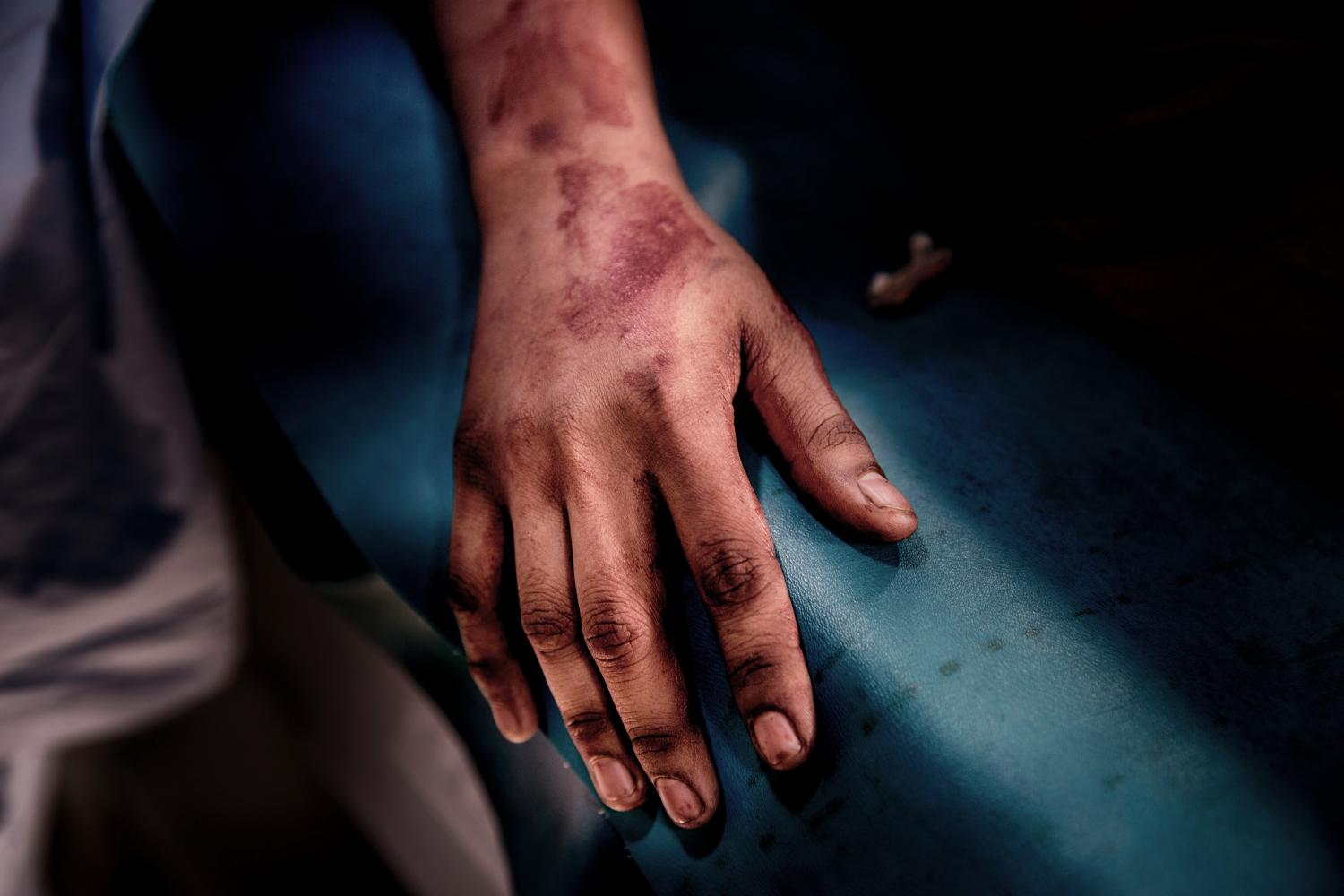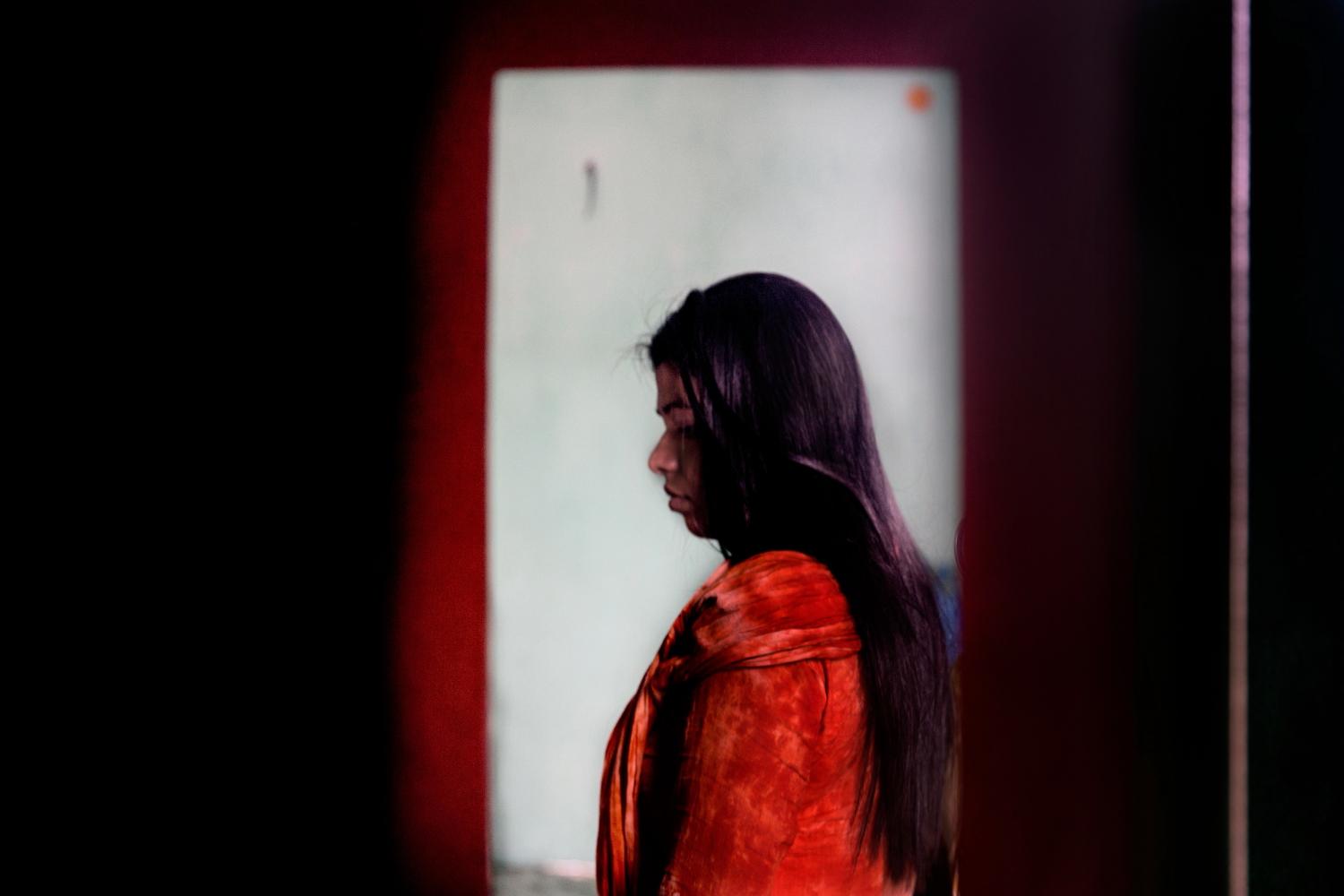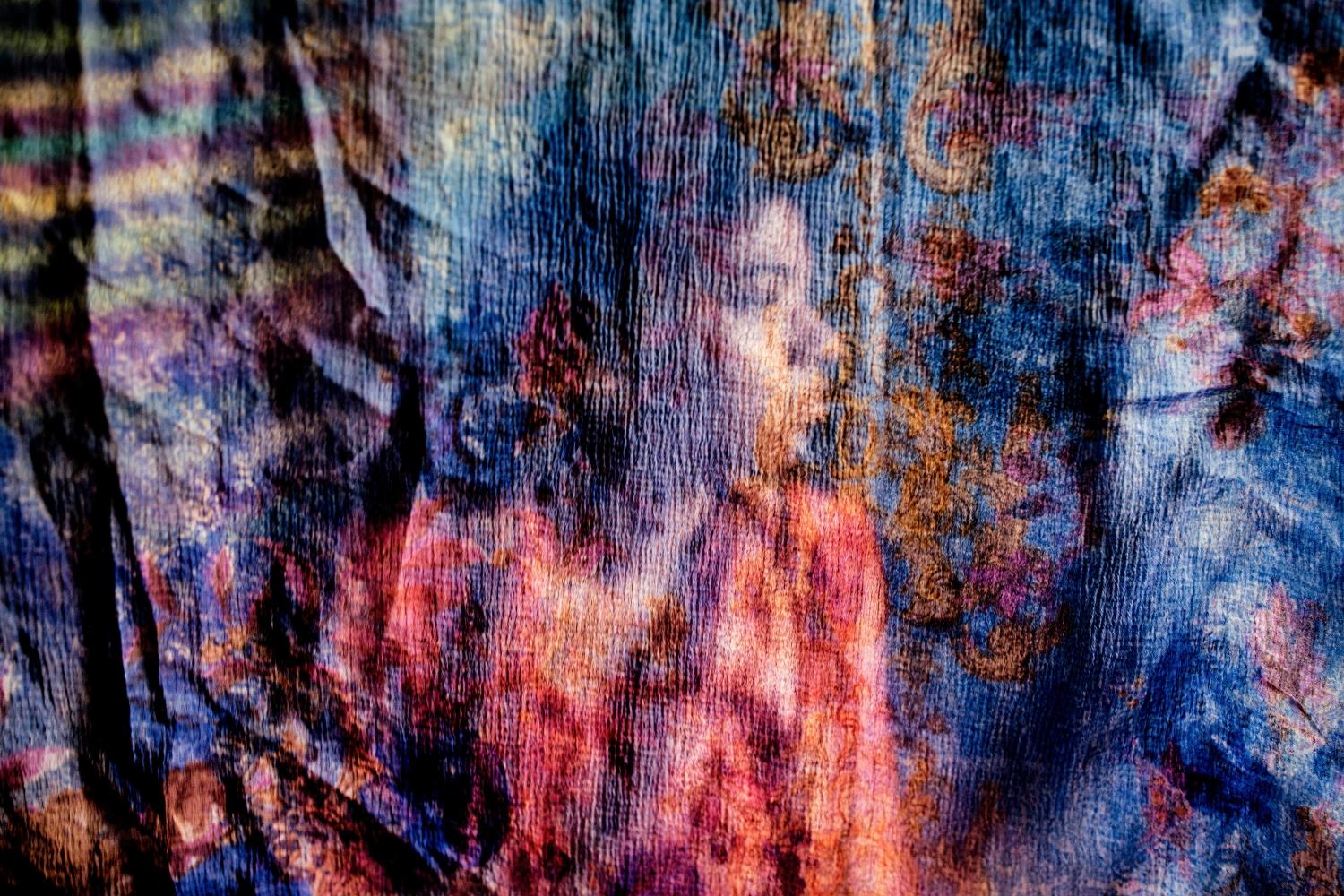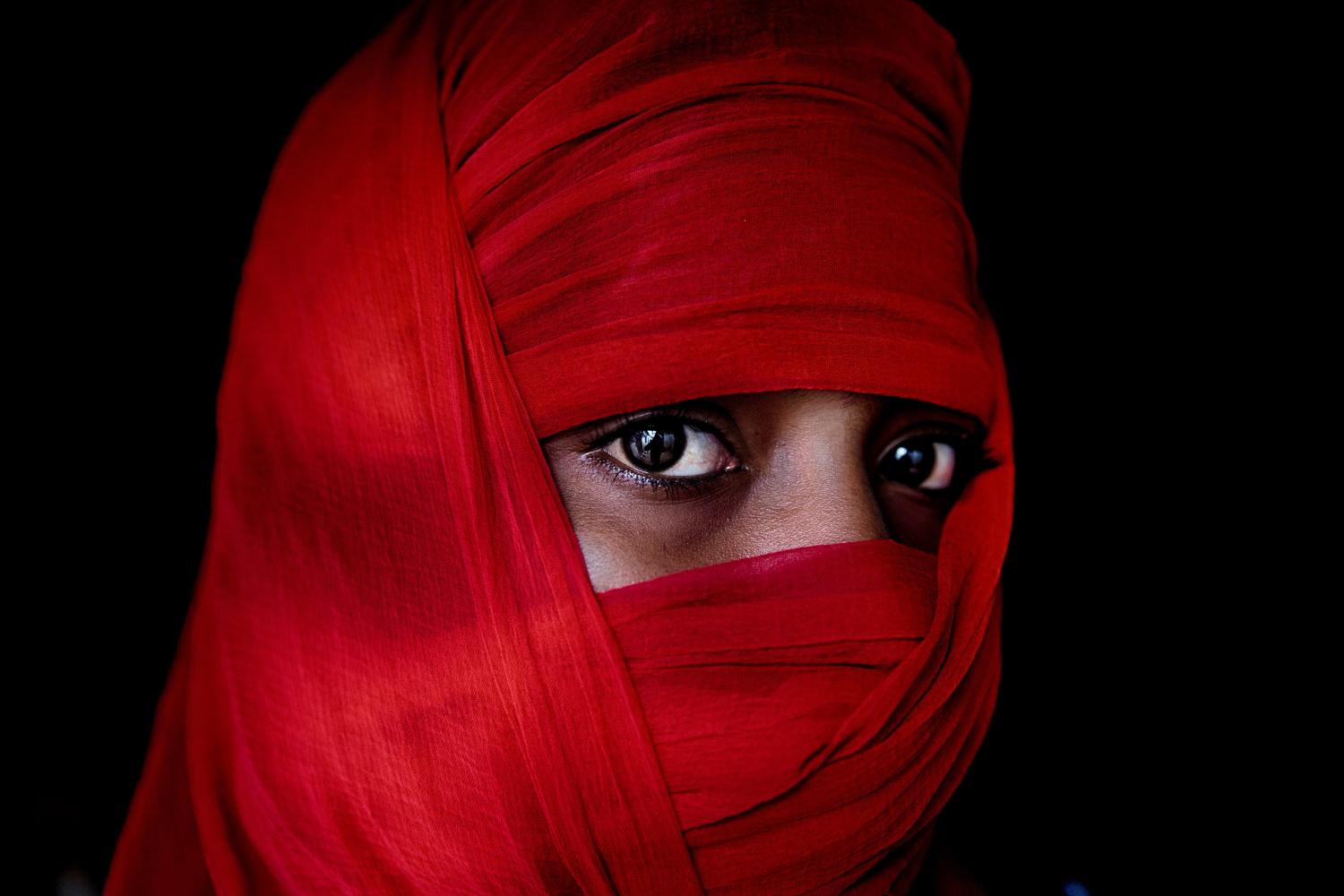Public Project
Life under needle
Life Under Needle
In May Hafsa Begum (20) had finished a night shift at her factory job and was eager to get home after working overtime to fulfill orders ahead of the Eid al-Fitr holiday.
“I was extremely tired since I’d been working since eight o’clock in the morning and was walking slow. The other girls walked ahead of me and that’s when my line manager seized the opportunity. I kicked and slapped him but he still managed to drag me into a dark alley next to the factory,” Begum explained. She says he forcefully kissed and touched her. Before letting her go, the line manager told her, “I told you, you’re going to be mine.” In the seven months she’d been working at the factory, Begum had faced harassment from her line manager, who wielded power over junior machine operators.
There are estimated 2.5m textile workers – mostly women – working in more than 4,200 garment factories in Bangladesh. After the collapse of the Rana Plaza factory in 2013, where more than 1,000 workers lost their lives, the Bangladeshi government and western brands promised to facilitate the presence of unions inside factories and improve worker safety. Yet there remains very little focus on the gender-based violence and exploitation routinely faced by female workers. According to recent research, 80% of them either experience or witness sexual abuse or harassment at work. Yet few feel able to report this abuse or seek justice.
A deep-rooted fear of shame and reprisals is helping to silence the victims of sexual violence within Bangladesh’s garment industry. 'The Cost of Your Clothes' - uses participatory documentary work and investigates perspectives about the sociocultural aspects of gender based violence in textile industry. The first step to changing injustices in today’s society is to collaboratively imagine with disadvantaged communities what a more just future could look like, then visualize that new reality through story telling so that others, especially those who have the power to change society (consumers, worker unions, brands policy makers) can be exposed to new perspectives on where things still need to change. To initiate dialogue between those who have the power to change society and those who live through these issues of poverty, injustice, and gender based violence.
10,523












